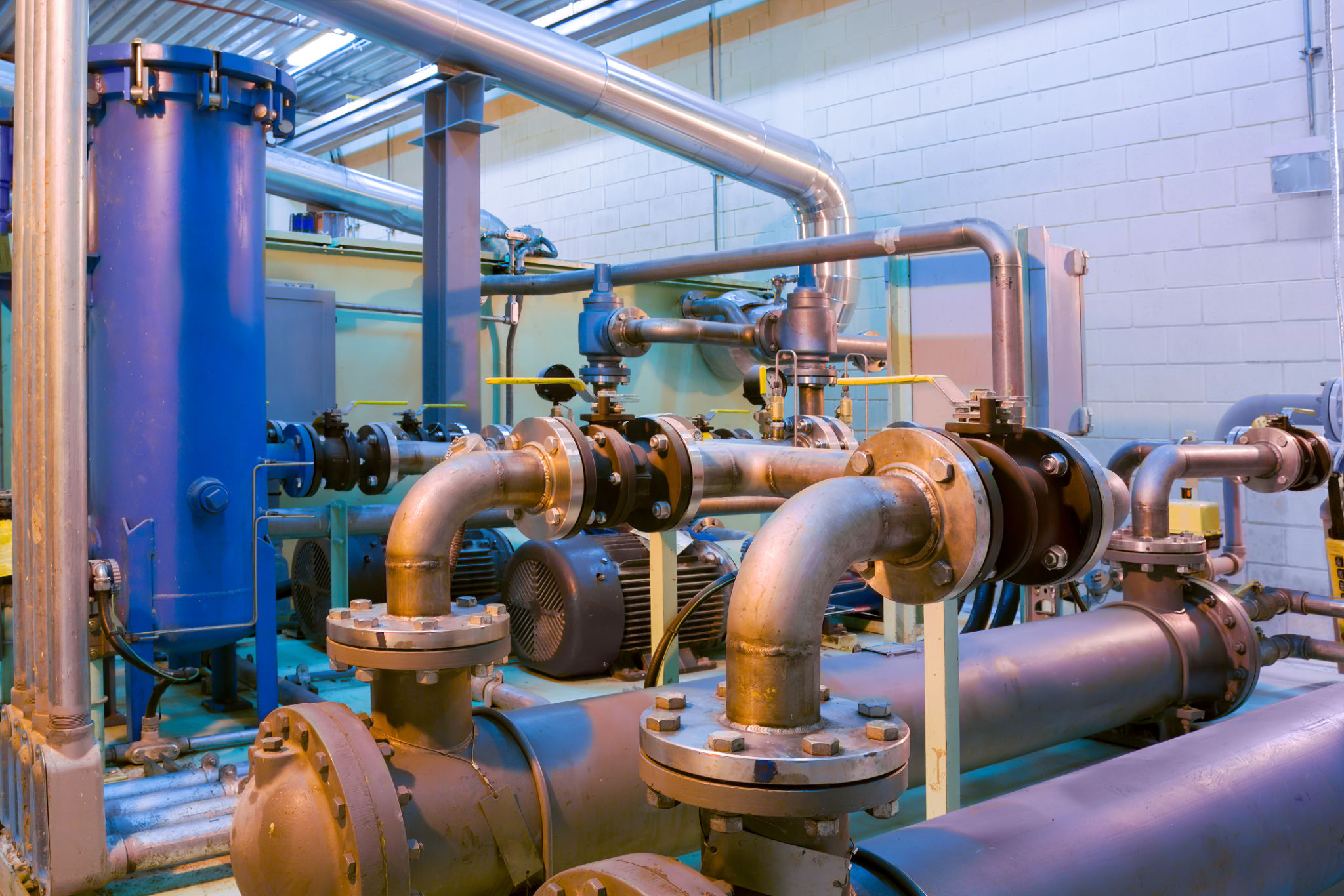Common Myths About Sewer Backups: Debunking Misconceptions for Connecticut Homeowners
Understanding Sewer Backups
Sewer backups are an unfortunate reality for many homeowners, but there are numerous misconceptions about what causes them and how to prevent them. In Connecticut, where older infrastructure and seasonal weather changes can impact plumbing systems, it's essential to separate fact from fiction to protect your home effectively.

Myth 1: Only Older Homes Experience Sewer Backups
One common myth is that only older homes are susceptible to sewer backups. While aging pipes in older homes can contribute to issues, newer homes are not immune. Factors such as construction debris, tree root intrusion, and improper disposal of household items can lead to clogs and backups regardless of a home's age.
In newer developments, the infrastructure may not yet be fully settled, causing shifts and potential problems in the sewer lines. Therefore, homeowners should be vigilant, regardless of their property's age.
Myth 2: Small Clogs Aren't a Big Deal
Another misconception is that small clogs are harmless and will resolve themselves over time. In reality, minor clogs can escalate into significant blockages if not addressed promptly. These blockages can cause pressure to build up in the pipes, leading to potential sewer backups and costly repairs.

Regular maintenance and attention to early warning signs, such as slow drains or gurgling noises, can help prevent small issues from becoming major problems. Homeowners should take proactive measures by using safe cleaning solutions and considering professional inspections when necessary.
Preventive Measures
Understanding the common myths surrounding sewer backups is crucial, but prevention is equally important. By taking certain steps, Connecticut homeowners can reduce the risk of experiencing a sewer backup.
Regular Maintenance is Key
Regular maintenance is a vital component in preventing sewer backups. Homeowners should schedule routine inspections with a licensed plumber who can identify potential issues before they become severe. Additionally, adopting good habits like disposing of grease properly and using drain screens can significantly reduce the risk of blockages.

- Avoid flushing non-degradable items such as wipes, sanitary products, and paper towels.
- Install backflow prevention devices to protect your home.
- Keep trees and shrubs away from sewer lines to prevent root intrusion.
Insurance and Sewer Backups
Many homeowners believe that their standard insurance policy covers sewer backups, but this is often not the case. It's essential for homeowners to review their insurance coverage and consider adding a sewer backup endorsement if necessary. This additional coverage can provide peace of mind and financial protection should a backup occur.
By debunking these myths and implementing preventive measures, Connecticut homeowners can better safeguard their properties against sewer backups. Educating oneself about the realities of sewer maintenance and taking proactive steps can minimize the risk and alleviate potential damages.
